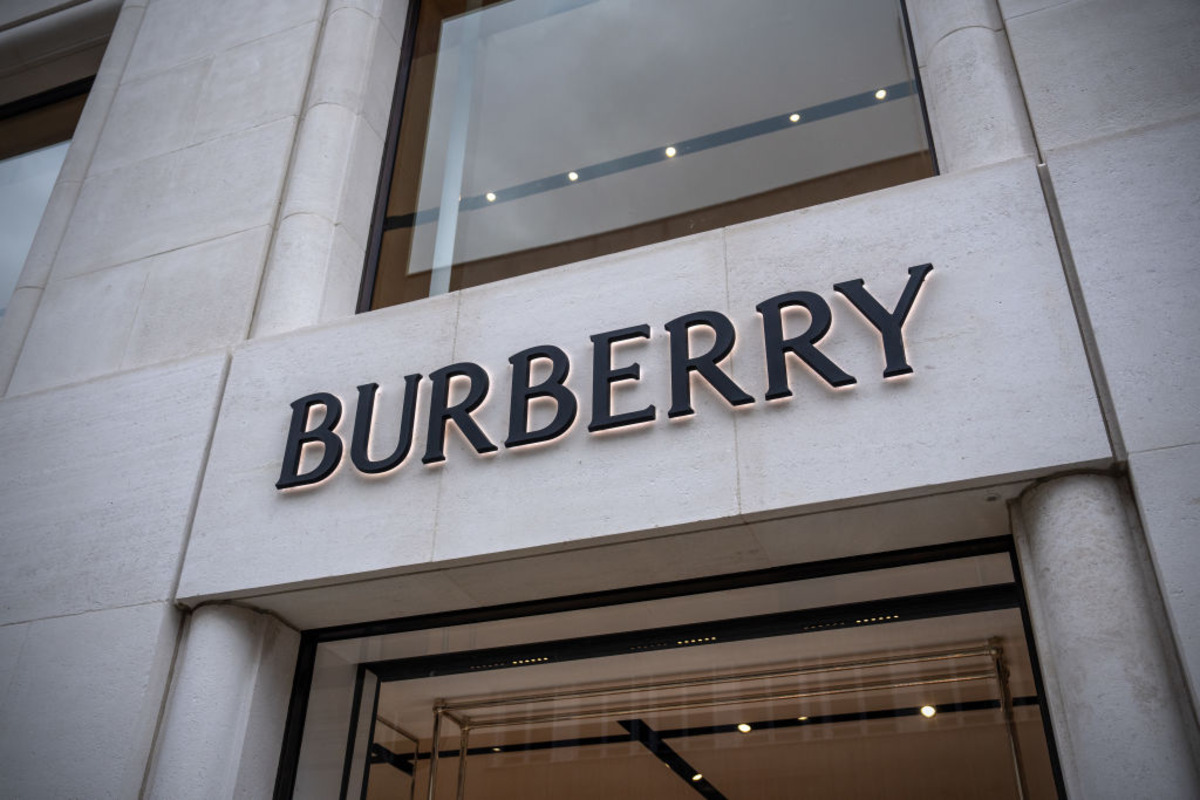Burberry: How low will ‘lost’ luxury fashion label’s shares go after FTSE 100 relegation?
Burberry’s share price just keeps dropping and the decline is has shown almost no signs of slowing down for more than a year. It hit a 15-year low of 565p this week, after reaching a 14-year low in July, after hitting an all-time high of £2,690p last April. It is set to drop out of [...]


Burberry’s share price just keeps dropping and the decline is has shown almost no signs of slowing down for more than a year.
It hit a 15-year low of 565p this week, after reaching a 14-year low in July, after hitting an all-time high of £2,690p last April. It is set to drop out of the FTSE 100 on 20 September.
The shares hit the new low after Barclays downgraded the stock to ‘underweight’.
“Despite already being one of the worst-performing names in our space, we still see downside as we have concerns around the ability of Burberry to remain a high-end luxury brand in line with our coverage considering its lack of disciplined full-price strategy,” the analysts wrote.
Investors are clearly unhappy: an unexpected CEO change and suspended dividend in the face of a wider slowdown in the luxury sector – particularly in China – have only added fuel to the fire for the luxury brand.
Analysts have argued, too, that the brand has lost its way in the market.
Burberry ‘should be more like Hermès’
“It’s so important in the luxury sphere to be led by a designer that truly connects and has chemistry with a brand’s essence, which Burberry is yet to find since Christopher Bailey’s departure,” Manfred Abraham, CEO at Yonder Consulting, said.
“Successfully creating that element of desire, mystery and exclusivity is critical – it’s worked wonders for brands like Hermès which is one of few to have bucked the slowdown in the luxury market of late,” he added.
Robert Heads, senior strategist at Design Bridge and Partners, added: “Burberry’s recent performance is a symptom of the brand losing sight of what it stands for, and the Britishness that has been fundamental to its success,” he said.
“Burberry was synonymous with quality and tradition, today it’s not clear what elements of Britishness Burberry stands for,” he added.
“In an era where authenticity and clear brand purpose are more important than ever, Burberry needs to reconnect with its roots.”
Luxury brand has ‘lost its uniqueness’
There is a common argument that Burberry has lost its uniqueness, and in particular, a common motivating principle of the brand.
Without this, customers – and their wallets – haven’t been swayed to shell out for high prices (a trenchcoat costs more than the average London monthly rent).
Abraham argued that Burberry needs to go “back to the beginning”.
“If Burberry wants a seat at the top table, it needs to pay close attention to strategy, which starts with the customer – understanding them and their world, and what inspires that emotional connection to your brand and your products,” he said.
“If money isn’t a barrier to purchase, luxury buying can exceed logic.”

